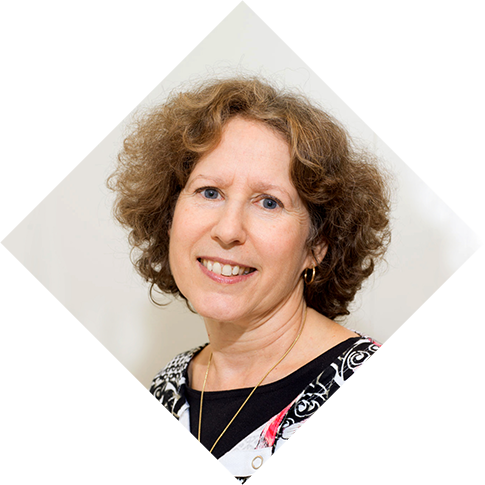QurAlis chooses Leiden as European hub, enhancing regional life sciences and health ecosystem
U.S.-based leading biotechnology firm QurAlis dedicated to advancing breakthrough precision medicines for neurodegenerative diseases, has chosen Leiden, the Netherlands, as the location for its European headquarters. This strategic move not only solidifies Leiden’s position as a vital hub for QurAlis’ European operations but also marks a significant boost to the regional Life Sciences and Health ecosystem, including R&D manufacturing.
Scaling QurAlis in Leiden to make a meaningful impact on patient lives
Kasper Roet, Ph.D., CEO and co-founder of QurAlis, emphasized the significance of this expansion, stating,
“Our move into Europe marks a pivotal moment for QurAlis, building on our organization’s remarkable momentum. With regulatory approvals in the EU, Canada, and the UK, our new European headquarters in Leiden positions us to capitalize on our world-class ASO manufacturing expertise. This enables us to control our end-to-end production supply chain efficiently. Combined with the talent network in Leiden, we are well-positioned to deliver breakthrough precision medicines to patients in need.”

Neurodegenerative Diseases / Source: QurAlis
QurAlis, currently navigating a robust pipeline targeting specific components of ALS pathology, places a strong emphasis on patients with disease-causing genetic mutations and clinical biomarkers. The company’s innovative approach aims to address the urgent need for effective therapies for ALS and FTD patients.
Hagen Cramer, Ph.D., Chief Technology Officer of QurAlis, expressed optimism about the new European headquarters, stating,
“Our Leiden office is designed not only to meet our current needs but to scale with our business growth. This expansion will enable us to release our products into the European market, providing innovative solutions and making a meaningful difference in the lives of patients.”
QurAlis’ Leiden office contributes to regional health ecosystem growth
With its global corporate headquarters in Cambridge, Massachusetts, QurAlis is set to play a pivotal role in advancing the Leiden region’s reputation as a center for cutting-edge developments in life sciences and health, significantly contributing to the continuous advancement of innovative therapies for neurodegenerative diseases. This choice underscores QurAlis’ dedication to harnessing the region’s flourishing life sciences and health ecosystem, with a particular focus on transforming the trajectory of diseases like amyotrophic lateral sclerosis (ALS) and frontotemporal dementia (FTD). QurAlis is poised to make a significant contribution to the development of precision medicines.
QurAlis’ decision to anchor itself in Leiden is met with enthusiasm from the regional economic development agency, InnovationQuarter, who assisted the company to establish presence here. Highlighting the strategic alignment between the biotech firm and the thriving innovation landscape of the Leiden Bio Science Park:
“QurAlis is a great addition to the dynamic Leiden Bio Science Park and the broader regional life sciences community. We are thrilled to collaborate with QurAlis as they contribute to the development of innovative therapies for neurodegenerative diseases,”
– Lissa Boxy, Senior Account Manager Life Sciences & Health at InnovationQuarter.
Get in touch!

InnovationQuarter is the economic development agency for the Greater Rotterdam-The Hague area, which encompasses Leiden and Delft, in the Province of Zuid-Holland.
About QurAlis
At QurAlis, we are neuro pioneers on a quest to cure. We work with a relentless pursuit of knowledge, a precise attention to craft, and an optimistic mindset to discover and develop effective precision medicines that will alter the trajectory of amyotrophic lateral sclerosis (ALS), frontotemporal dementia (FTD), and other neurodegenerative diseases. Founded by an internationally recognized team of neurodegenerative biologists from Harvard Medical School and Harvard University, QurAlis is advancing a pipeline with therapeutic candidates that target specific components of ALS and FTD pathology and defined patient populations based on both disease-causing genetic mutation(s) and clinical biomarkers. For more information, please visit www.quralis.com.
Source: QuaAlis




